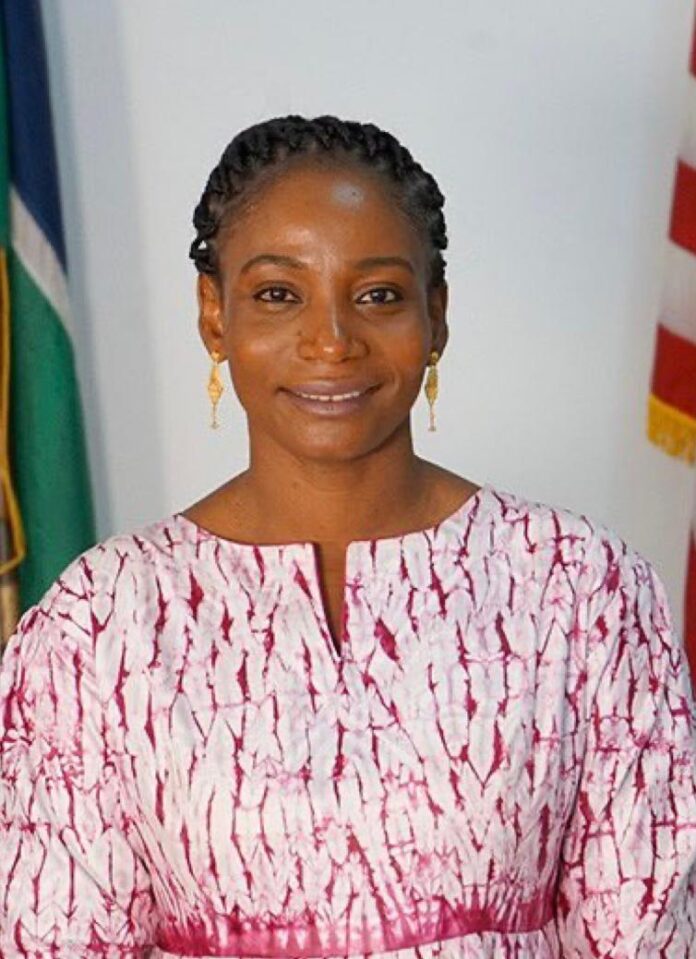By Hadram Hydara
The Economic Community of West African States (ECOWAS) Court of Justice has delivered a landmark ruling against Sierra Leone, declaring the government’s failure to explicitly criminalise Female Genital Mutilation (FGM) a violation of women’s and girls’ rights.
In a judgment issued on 8 July 2025, the court described FGM as “one of the worst forms of violence against women” and stated that, when intentionally inflicted, it “meets the threshold for torture.” The ruling sets a significant legal precedent for the region, reinforcing states’ obligations to outlaw harmful practices under international human rights law.
Sierra Leone was found in breach of the Maputo Protocol, the African Charter on the Rights and Welfare of the Child, and other treaties, with the court emphasising that legislative inaction had caused “severe physical, psychological, and social harm” to women and girls.
The decision has been hailed by activists across West Africa, including prominent Gambian women’s rights campaigner Fatou Baldeh MBE, who called it a “monumental step forward in the fight against female genital mutilation.”
In a statement, Baldeh said: “The recent judgment on #FGM by the ECOWAS Community Court of Justice… is a resounding affirmation of the rights of women and girls across the region.”
She praised the court’s stance that cultural practices cannot override human rights, stating: “This decision is not just a legal milestone, it is a moral and cultural turning point. It sends a powerful message that harmful traditional practices cannot be shielded by cultural relativism when they infringe on the dignity, security, and bodily integrity of women and girls.”
Baldeh commended the efforts of Ms. Kadijatu Allieu, an FGM survivor, alongside NGOs campaigning against the practice, saying: “Ms. Kadijatu Allieu… and the NGOs whose advocacy and unwavering resolve culminated in the challenge at the ECOWAS Community Court of Justice deserve the highest commendation for their courage in bringing the issue to the regional stage.”
The ruling comes at a critical moment for The Gambia, where the Supreme Court is currently reviewing a constitutional challenge to the country’s ban on FGM under the Women’s (Amendment) Act 2015.
Baldeh highlighted the potential influence of the ECOWAS decision, stating: “This precedent could significantly influence the interpretation of the constitutional provisions by the Supreme Court of The Gambia, in regard to balancing cultural rights with the state’s duty to protect the basic human rights of its citizens, including protection from FGM and gender-based violence in general.”
For activists like Fatou Baldeh, the decision marks a long-awaited victory. “This ruling could not have come at a more pivotal moment,” she said, underscoring its potential to reshape legal and social attitudes toward FGM across the continent.




